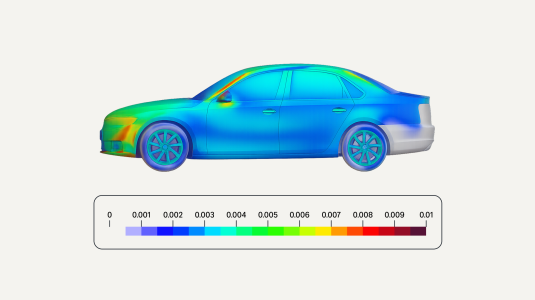Customer-obsessed science


Research areas
-
September 26, 2025To transform scientific domains, foundation models will require physical-constraint satisfaction, uncertainty quantification, and specialized forecasting techniques that overcome data scarcity while maintaining scientific rigor.
-
Featured news
-
2025Composed Image Retrieval (CIR) is a complex task that aims to retrieve images based on a multimodal query. Typical training data consists of triplets containing a reference image, a textual description of desired modifications, and the target image, which are expensive and time-consuming to acquire. The scarcity of CIR datasets has led to zero-shot approaches utilizing synthetic triplets or leveraging vision-language
-
2025Open domain question answering systems frequently rely on information retrieved from large collections of text (such as the Web) to answer questions. However, such collections of text often contain conflicting information, and indiscriminately depending on this information may result in untruthful and inaccurate answers. To understand the gravity of this problem, we collect a human-annotated dataset, Question
-
AISTATS 20252025We study the well-motivated problem of online distribution shift in which the data arrive in batches and the distribution of each batch can change arbitrarily over time. Since the shifts can be large or small, abrupt or gradual, the length of the relevant historical data to learn from may vary over time, which poses a major challenge in designing algorithms that can automatically adapt to the best “attention
-
2025We introduce AnoLLM, a novel framework that leverages large language models (LLMs) for unsupervised tabular anomaly detection. By converting tabular data into a standardized text format, we further adapt a pre-trained LLM with this serialized data, and assign anomaly scores based on the negative log likelihood generated by the LLM. Unlike traditional methods that can require extensive feature engineering
-
CLeaR 20252025We propose a new approach to falsify causal discovery algorithms without ground truth, which is based on testing the causal model on a variable pair excluded during learning the causal model. Specifically, given data on X,Y,Z = X,Y,Z1,...,Zk, we apply the causal discovery algorithm separately to the ’leave-one-out’ data sets X,Z and Y,Z. We demonstrate that the two resulting causal models, in the form of
Collaborations
View allWhether you're a faculty member or student, there are number of ways you can engage with Amazon.
View all













































